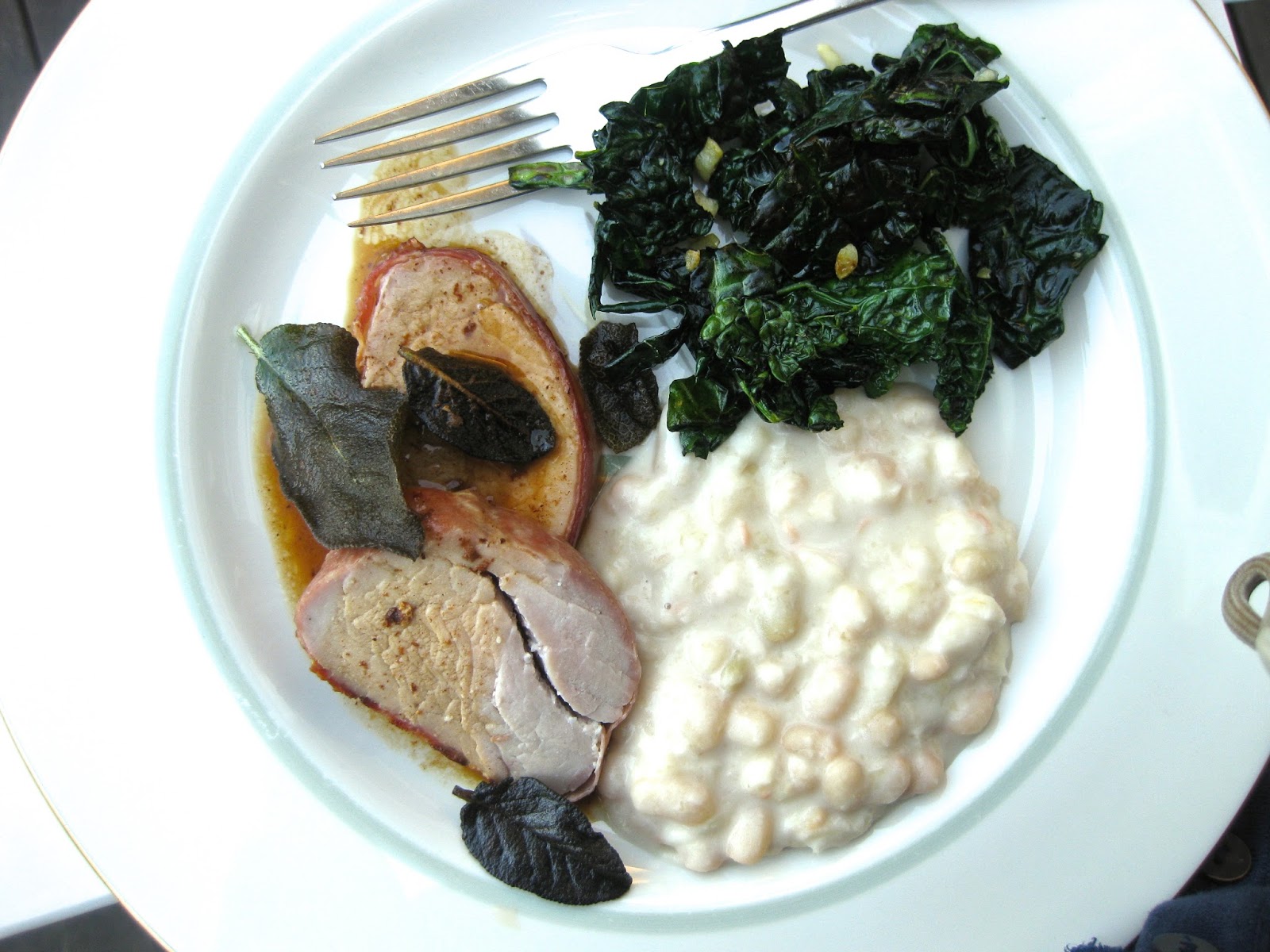"Almost anything can be romanticized, if under the control of a really good romanticizer."
-Richard McElroy
"But elegies don't have a moral,
They're aimless-that's what makes one weep-
Whereas an ode's majestic sweep
Is noble and...' 'Here's cause to quarrel,
But I'll restrain myself before
I make two ages go to war."
-Alexander Pushkin
My Uncle Richard is sweet to indulge the notion that I am "in control." I'll never forget the letter I received from him in the fifth grade. He kindly wrote to me explaining that I was some kind of "artist," which can be a hard thing to deal with, what with the anxious insecurity involved and perils of drama. I think his letter has always bolstered me. Whether or not I am an "artist" today, (I am a classical musician, which doesn't necessarily make one an artist in my estimation) the temperament in me is surely alive and well.
In my own definitions, an elegy is a poetic nostalgia for something that's dead and gone, while an ode is a poetic song that is exultant in praise of what is more real and tangible. If you ever want to accuse me of seeming elegiac about the the memory of last Sunday's meal, remember that I sing a rejoicing ode to the reality of today's Sunday and tonight's dinner. I am guilty of romanticizing considerable portions of life, but certainly don't want to stamp Sunday Dinner with such tenuous behavior. Here I know I'm discussing something quite solidly real, and that's the only reason I grant myself such free and whimsical license, playing with poetry. On Sundays, I'm particularly grateful for everything I have, and for a tradition I am lucky to be a part of. Writing these posts is a bit of an anthropological foray into my family, our food and Sunday, the most meaningful day of the week to me. If you are reading this, I want you not only to find food inspiration or a recipe, but also share in my experience and continual quest for what's beautiful and true.
 |
| I might not be inspired to write on Sunday without the precursor of a Saturday evening walk in Seattle's Volunteer Park - peeking through the iron grating of the water tower. |
 |
| Ode to crusty bread and butter: It is too rare that I know this simple delight. How often we forget it these days, or think that gluten must be banned. |
 |
| Ode to a 35 year old carving board, who knows the memories of a thousand different roasts. |
Pork Tenderloin Wrapped in Prosciutto and Marscapone
From Linda McElroy to you
*** Note: If marscapone is a hassle to obtain, just substitute a good quality mustard, it would taste fantastic. ***
Season the tenderloin with salt and pepper. Spread marscapone cheese on one side, then lay the cheese side down on slightly overlapped slices of prosciutto - 6 pieces for the piece of meat shown above. Spread the top side of the meat with more marscapone. Roll the prosciutto over the meat, covering it entirely. Turn it over- now the "seam side" is on the bottom, and you'll put it in a roasting pan. Bake at 425 degrees for 20 minutes. (If you check it by inserting a meat thermometer, it should read 140 degrees.) You can make a little sauce out of the browned bits on the bottom of the pan when you take out the meat. Just place the pan directly on the stove, and deglaze it by adding some white wine and a little stock, or even just water. Finish with a little butter. To garnish the pork, fried sage leaves are a must. Throw them into a saute pan with hot oil - but watch out - it's very easy to burn them. They only need around 30 seconds.
For the white flageolet beans, (3/4 cups for four people) saute 1/3 of a diced onion in a saucepan, add a couple of sage leaves, cover with water and cook for about an hour and a half, until they're nice and tender and just starting to fall apart a little. Don't let them dry out, rather, keep the consistency on the soupy side. Don't add salt until the beans are close to being done: salting beans too early in the cooking process can make the skins tough. Finish by stirring in 3 Tbsp of cream and 1/3 C parmesan cheese.
Saute some kale with chopped garlic - you'll have a complete food trinity on a plate. The deep green variety of kale you see above is called "Dinosaur" or "Lascinato/Tuscan" kale - it really is the best.
Don't forget the bread and butter!
All right, I lied. I think I will inundate you with one more sunset: so here's another postcard:
 |
| As you can see, Summer evenings in Seattle are a mixture of both elegy and ode. |



You're an artist kid...get used to it!!! I can't wait for the next entry!
ReplyDelete